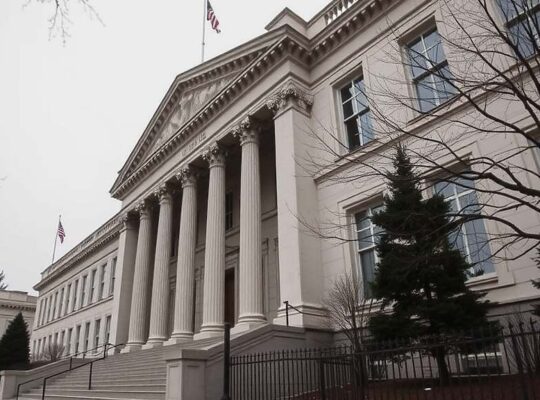Shareholders decisively approved a controversial compensation package for Tesla CEO Elon Musk at the company’s annual meeting on Thursday, a move that could potentially elevate his net worth to over a billion dollars. The vote, securing over 75% approval, sidestepped the influence of Musk’s own 15% stake in the company, underscoring the significant sway he holds despite ongoing scrutiny of his leadership and executive compensation.
The agreement, initially approved in 2018 but recently challenged in court, provides Musk with stock options that, if fully realized, could award him over 420 million additional Tesla shares over the next decade. While Musk currently forgoes a traditional salary, the sheer scale of the potential windfall has drawn considerable criticism from governance experts and labor advocates.
The package’s billion-dollar valuation hinges on Tesla achieving an ambitious market capitalization of $8.5 trillion, a target representing a more than threefold increase from the company’s current valuation. Furthermore, Tesla must also meet a series of performance-based targets relating to revenue, profitability and vehicle production volume. These stipulations, while seemingly stringent, haven’t quelled concerns that the arrangement disproportionately rewards one individual at the expense of broader shareholder interests.
Political analysts note the vote occurred against a backdrop of intensified examination of executive compensation across the technology sector. The approval, despite previous legal challenges and persistent public debate, highlights the complicated dynamics of shareholder power and the ongoing tension between rewarding innovation and enforcing principles of corporate fairness. Critics suggest the episode could reignite discussions about the potential need for stricter regulations regarding executive pay and the influence of significant shareholders within publicly traded companies, especially as the gap between executive income and average employee wages continues to widen. The decision also raises questions about the long-term sustainability of such aggressive growth targets required to trigger the full value of the package and their impact on Tesla’s operational priorities.












